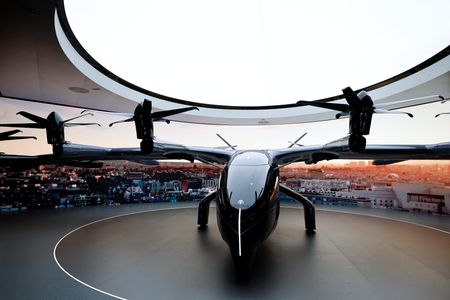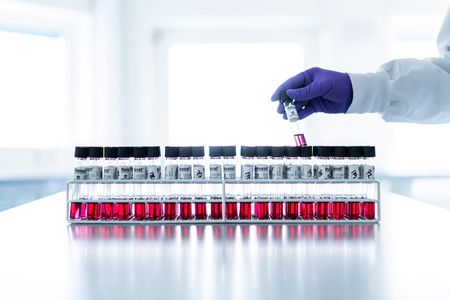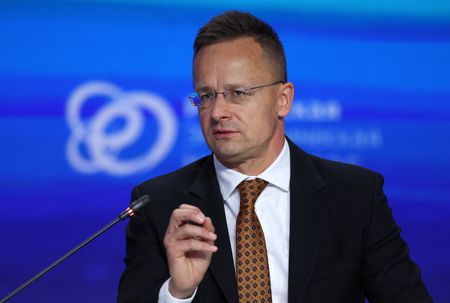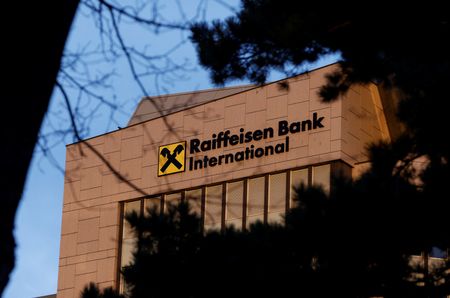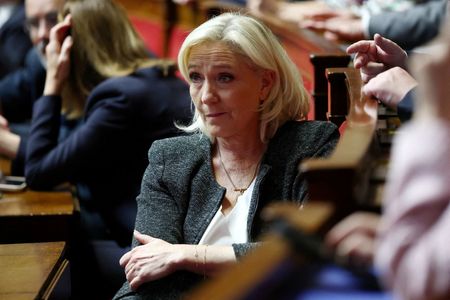By Leo Marchandon and Elizaveta Zhuravleva
(Reuters) -French artificial intelligence company LightOn on Wednesday reported a 15% rise in first-half revenue compared with the same period the previous year.
However, the company made a net loss of 3.7 million euros after investing around 6 million euros in infrastructure and staff hiring.
WHY IT’S IMPORTANT
LightOn, which made its stock market debut as Europe’s first listed GenAI company on the Euronext Growth exchange in December 2024, develops large language models (LLM) for customers with strict security requirements such as Safran and the French Space Command.
In July the startup announced a partnership with ArianeGroup’s subsidiary Sodern, which develops and produces critical components for the French nuclear deterrent force and intercontinental ballistic missiles.
BY THE NUMBERS
Revenue for the period was 0.7 million euros ($814,240).
The company reported an ARR (annual recurring revenue) of 1.51 million euros as of 30 September 2025.
LightOn confirmed that its ARR for 2025 would be between 3 and 4 million euros, representing an increase from +156% to +241% compared to 31 December 2024.
Net cash stood at 8.8 million euros as of 30 June 2025, compared to 11.9 million euros as of 31 December 2024
KEY QUOTES
“The commercial dynamic has already resulted in tangible results with the signing of new contracts,” LightOn said in a statement.
“The increase in ARR reflects longer than expected sales cycles with complex tender processes and pilot phases,” CEO Igor Carron said in a statement.
GRAPHIC
CONTEXT
The company targets regulated sectors including banking, defence and high-tech and is exploring expansion into the Middle Eastern region, including Saudi Arabia and the United Arab Emirates.
European peers like France’s Mistral AI or Germany’s DeepL and Aleph Alpha have so far preferred to remain private and venture-funded.
The European Commission announced earlier in October a 1-billion-euro plan to ramp up the use of artificial intelligence in key industries amid a push to cut the European Union’s reliance on U.S. and Chinese technologies.
The move followed an action plan unveiled in April which seeks to lighten the regulatory burden and costs for startups struggling to comply with landmark AI rules which entered into force in August last year.
($1 = 0.8597 euros)
(Reporting by Leo Marchandon and Elizaveta Zhuravleva in Gdansk, editing by Matt Scuffham)


